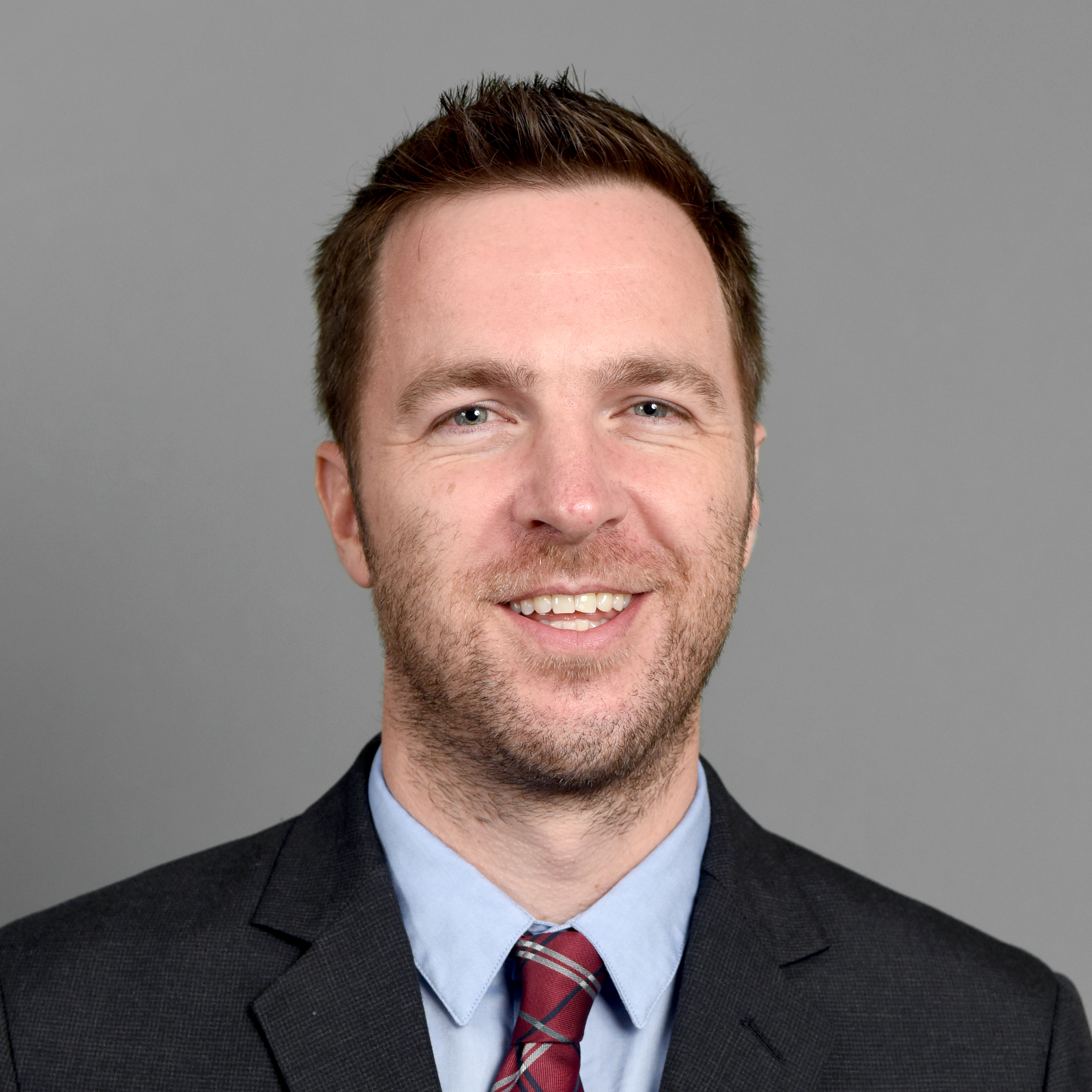
SCCJ professor receives Graduate College’s Outstanding Faculty Master’s Mentor Award
Kevin Wright, an associate professor in the School of Criminology and Criminal Justice, joined three other ASU graduate professors each honored with an ASU Graduate College Outstanding Faculty Mentor Award during a virtual ceremony Feb. 22.
Wright, director of the Center for Correctional Solutions, was recognized with the Outstanding Master’s Mentor Award for developing numerous courses and programs at ASU and within the center in order to enhance the lives of people living and working within the correctional system.
Wright believes incarceration can be reimagined as an opportunity to repair harm, empower people and promote public safety, according to an ASU News article provided by the Graduate College. By involving his students in this mission, he hopes to enhance their lives through empowerment, deliberate practice and service to others.
For 33 years, the Graduate College has bestowed the award to recognize the impact that faculty members have on their students through mentorship. The Outstanding Faculty Mentor Awards are given to all levels of faculty — tenured, tenure-track, non-tenure-track clinical, instructional and postdoctoral advisers — and are initiated by their graduate student and postdoctoral mentees.
During the ceremony, Wright was praised for developing and implementing several innovative courses at ASU, including one for high school students on getting out and staying out of prison; one for college freshmen culminating in a prison art show benefiting youth community organizations; and multiple Inside-Out Prison Exchange courses taught at men’s and women’s prisons.
According to several of his student nominators, Wright is caring, inclusive, dedicated and concerned for and considerate of the personal lives of his students.
When PhD student Danielle Haverkate was dealing with a tough separation and relocation, Wright “made sure to consistently check in on me, provide support for my academic duties, and also give practical advice and support when it was needed.”
Additionally, Wright listens with respect to all ideas and opinions.
“Kevin recognizes and respects the opinion of others, regardless of their gender, race/ethnicity, culture, sexual orientation or criminal record,” Haverkate wrote. “He is open to hearing the ideas of all of his students and is consistently interested in important discussions revolving around our individual experiences and perspectives.”
Haverkate spoke briefly at the Feb. 22 ceremony. During the six years she has known Wright, from master’s through doctoral degree studies, he helped her professionally by making her “a more well-rounded and impressive scholar,” she said.
“But personally, Kevin’s approach to mentorship has really supported my growth in ways that consider my health and wellness,” she said. “Too often graduate students are told to continue to perform regardless of their own personal situations or mental health. This has never been the case of Kevin, who is consistently committed to being supportive of and advocating for his students. To summarize Kevin’s approach to mentorship, if it’s important to his students, it’s important to him,” she said.
Finally, Wright is attentive and involved in the work of his mentees.
“Dr. Wright shows up to every conference presentation his students give,” wrote Caitlin Matekel, another of Wright’s students. “He sends notes of congratulations for achievements big and small. He leads by example and lives mentorship in all he does.”
For Wright, mentorship is not optional; being a mentor to his students is a requirement.
“I believe that the professional development of students should be a baseline responsibility for faculty and that true mentoring takes shape in providing the support and encouragement for students to create meaningful futures for themselves,” Wright wrote.
In remarks at the ceremony, Wright said master’s students – who usually complete their degree requirements in two years – are often caught between being graduate students and what is next after they graduate, with many balancing full-time work and full-time academics.
“I want my master’s students to know that their next move is not their last move, and that they need not put pressure on themselves to find their purpose or passion right away,” he said.
Wright said among untrue assumptions often made about mentors is that “you’re either a mentor or mentee, that you’re doing the mentoring, or you’re receiving the mentoring,” he said. “I’m forever a student, constantly being mentored by other people. I learn from my students, they learn from me.”
Read more about Wright’s mentor philosophy here. SCCJ is part of the Watts College of Public Service and Community Solutions.
Wright received the mentorship award along with these three graduate faculty members:
- Leah Doane, associate professor and developmental area head, department of psychology, The College of Liberal Arts and Sciences, received the Outstanding Doctoral Mentor Award.
- Kristin Hunt, associate professor of dance in theatre in the School of Music, Herberger Institute for Design and the Arts, received the Outstanding Instructional Faculty Mentor Award.
- Kelin Whipple, professor, School of Earth and Space Exploration, The College of Liberal Arts and Sciences, received the Outstanding Postdoctoral Mentor Award.
Emily Carman of the Graduate College and Mark Scarp of the Watts College of Public Service and Community Solutions contributed to this report.